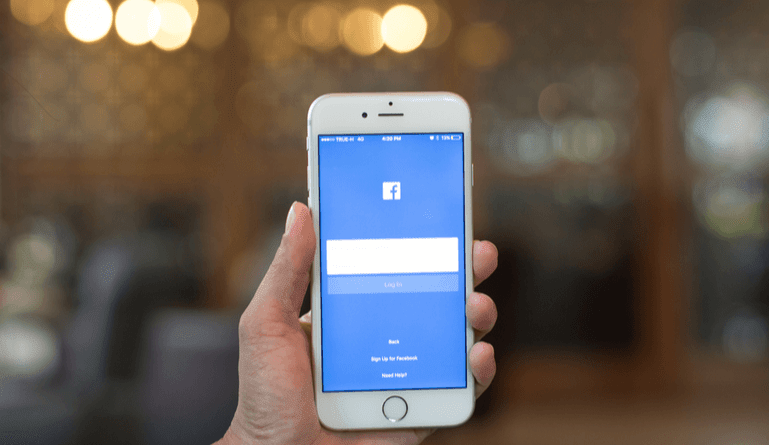Facebook Messenger has proved to be a useful tool for peer-to-peer and business-to-consumer communication. It’s a useful chat software for those with Facebook profiles who want to keep in communication, but it’s also become increasingly popular with businesses looking to answer consumer questions and reach out to customers with new information.
This has primarily been used as a B2C tool, with businesses sharing special offers with their followers or customers reaching out to businesses and ask questions about anything from opening hours to restaurant policies and more. Increasingly, there has been an interest in B2B organizations using Facebook messenger chatbots to reach their customers. Why?
First of all, more B2B buyers are demanding the same kind of experience they enjoy in their B2C transactions. Secondly, more companies have business Facebook profiles now than ever before, enabling more direct communication. Finally, Facebook Messenger chatbots are offering advanced capabilities beyond just instant messaging, including AI.
What are the B2B benefits of Facebook Messenger chatbots?
1. More direct involvement
Imagine your customers not having to leave your Facebook page to convert from curious to customer. You can use Messenger to grow your reach and your engagement easily with existing followers.
2. Customer segmentation
Like most B2B businesses, you probably target different audiences – C-suite, facility managers, HR specialists – and want to make sure that your creative messaging and marketing gets in front of the right people. Facebook has access to a lot of these details and enables businesses to communicate based on this kind of segmentation.
3. Sales
Facebook Messenger chatbots are helping businesses drive more sales. From being able to automatically send links to a catalog, walk a customer through the order process, take payment, answer questions, and offer suggestions, the all-in-one platform of Facebook Messenger is beginning to make a lot of sense for businesses to use in their B2B outreach.
4. Better customers service
You can save both your business and your clients time with automated chatbot customer service that helps answer the most frequently asked questions or allows the bot to look through an account’s history.
What does your business need to do to have the most effective chatbot experiences with your customers?
a. Decide what your chatbot will be used for
Different companies may use it for different things, whether it’s tech support for users of the software, customer surveys, product demonstration invites, promotions, and more.
b. Keep it simple
You want to make sure that your interactions are concise and to the point. Part of the reason that customers engage with business chatbots is to save time and some experts recommend a goal of solving customer interactions with five or fewer clicks.
c. Add a person to the program
Chatbots auto answers are a key factor in helping customers get what they need faster, but it’s always possible that a customer may need to escalate an issue, so having access to a real person – a manager or a technical services specialist – can be an extra step in ensuring the best service.
d. Keep privacy and data storage steps updated and easily accessible
Chatbots allow you to keep a record of conversations and customer information, so it’s important to make sure that your customers know what data that you keep and what it’s used for. You should also make it easy for customers to unsubscribe to your messages. Just like with emails and texts, Facebook Messenger chatbots can be used to automatically message customers and customers should have the option to opt-out of messages at any time.
e. Pay attention to timing
Messaging can be a great way to reach out to customers and allow them to learn more about your business, but if you’re using Facebook messenger with calls to action similar to email – meaning you’re taking the initiative to reach out and the customer isn’t – you want to make sure you’re not inundating anyone with constant messaging. Additionally, make sure your chatbot is programmed to allow for several seconds between message responses during an interaction so that it feels like a more natural conversation to customers.
f. Use data for retargeting and other business decisions
If you’re gathering information about your B2B customers during Facebook messenger conversations, you should make sure that you’re using that data well. You can not only more easily segment your customers into user groups that will help extend the most relevant content to them, you can also use the conversations to find out what users are having trouble with, the most commonly asked questions, or other patterns that can help you improve your product, experience, or site.
Many people are already on Facebook for personal and business reasons, from research to reviews to conversations and more. The future of Facebook Messenger chatbots should enable more transactions and better business-client relationships. Using Facebook Messenger as a tool to help you create more connections can help you grow your business and your B2B brand awareness.





